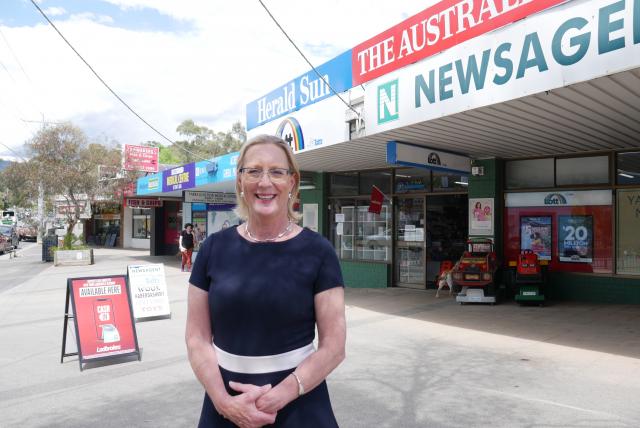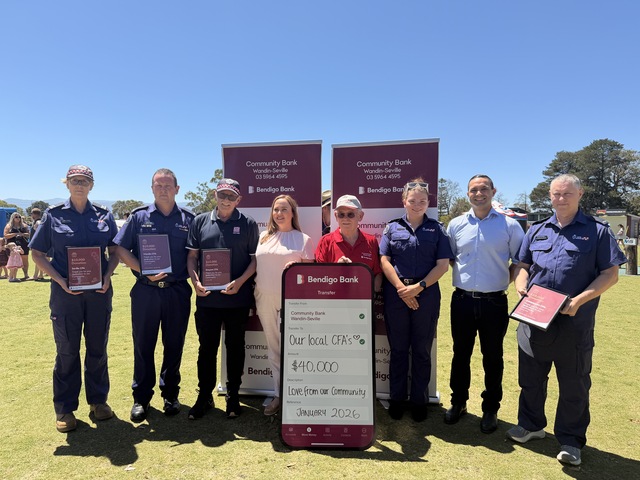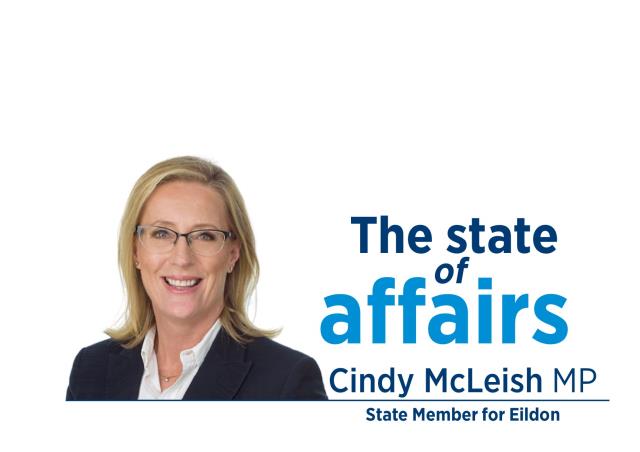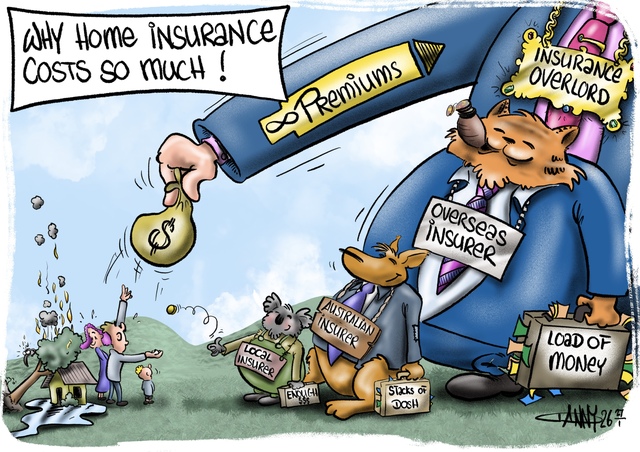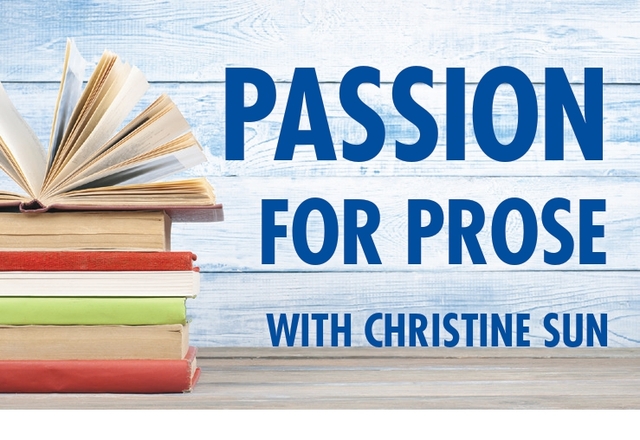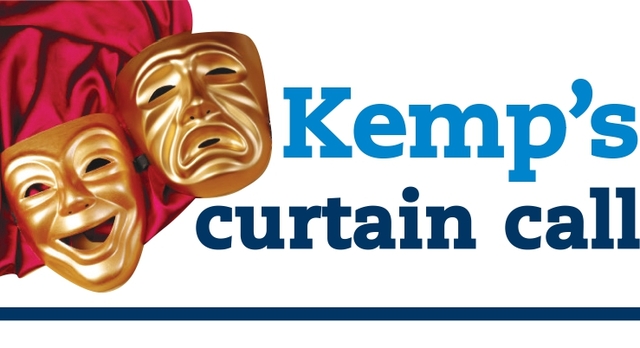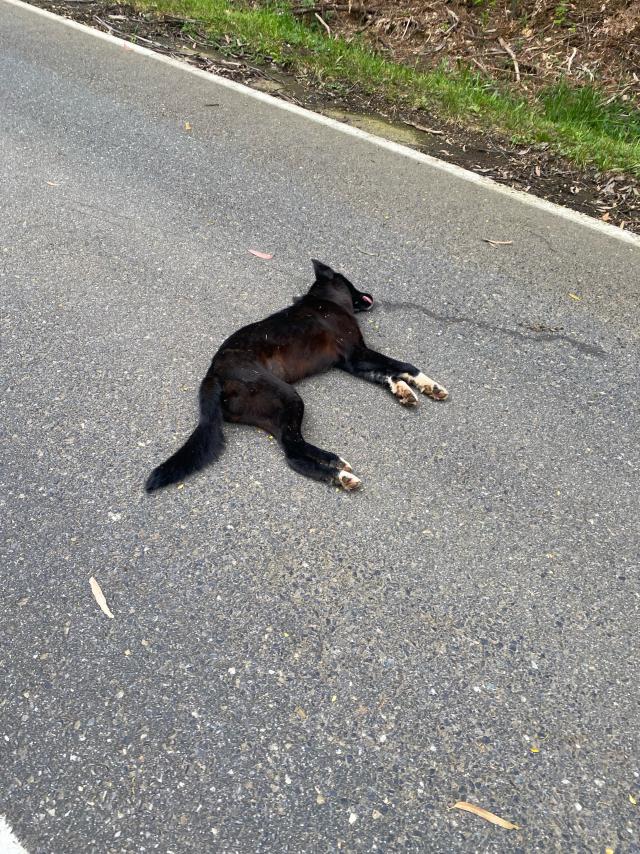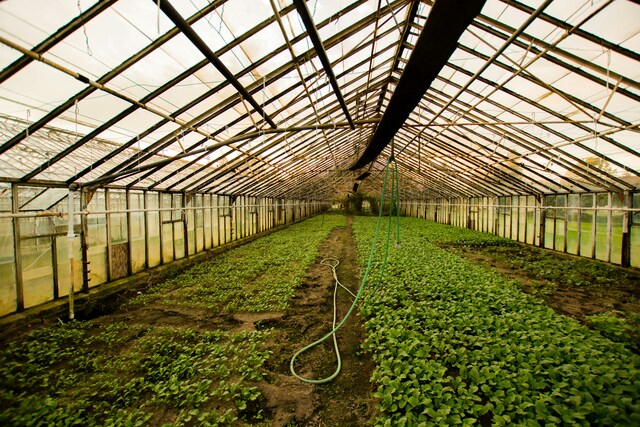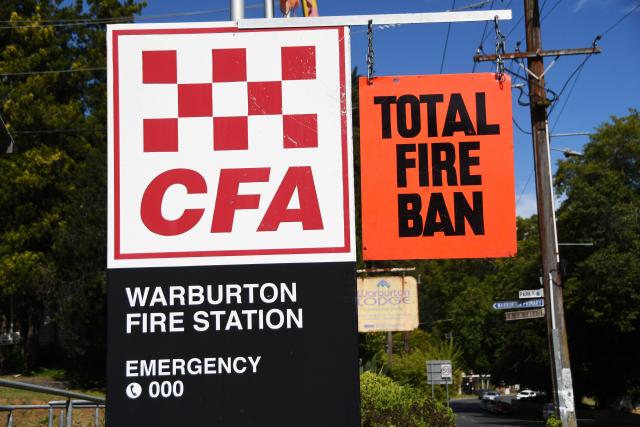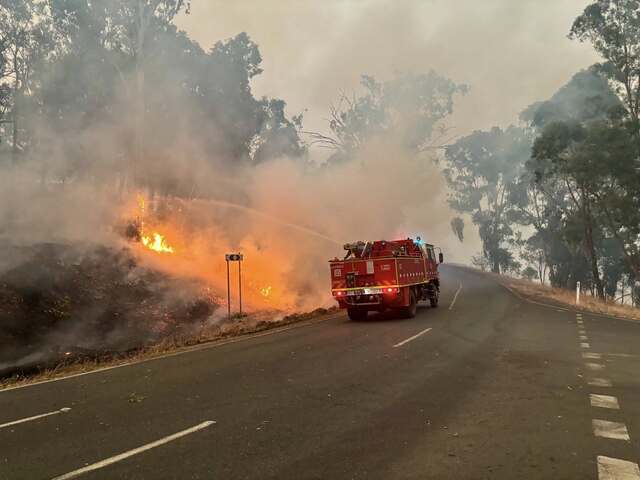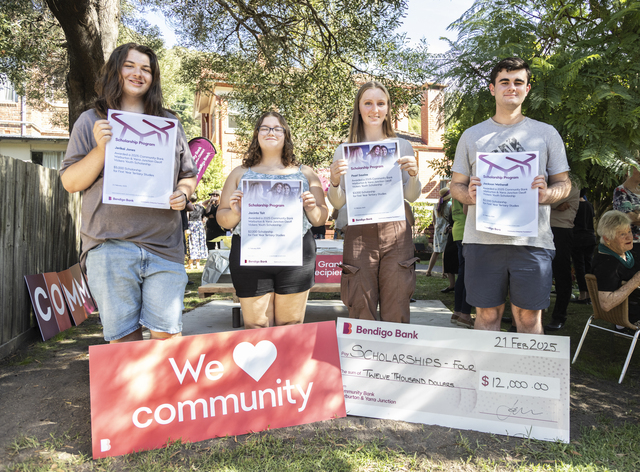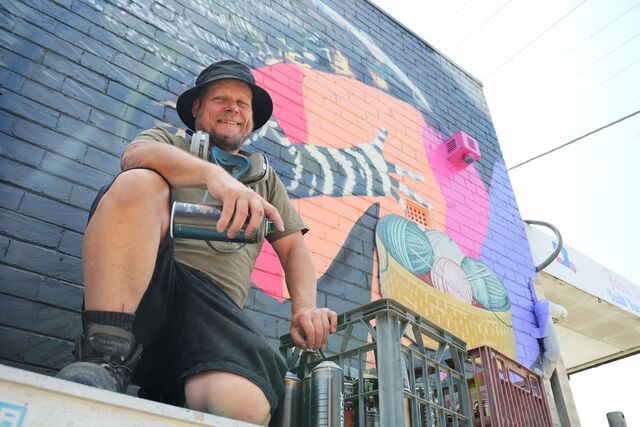Eildon MP Cindy McLeish is worried about the Short Stay Levy Bill 2024 introduced into Parliament on Tuesday 27 August.
The legislation introduces a 7.5 per cent levy from 1 January 2025 on short stay accommodation bookings, including bookings made through platforms such as Airbnb and Stayz.
Short stay rentals reduce the number of properties available for longer term accommodation for families who need a place to live.
“We’re unlocking more homes for real rentals, and unlocking more funding for social housing,” treasurer Tim Pallas said.
“This is an important step towards making more properties available for long-term rental, and we’ve consulted with the sector to make sure we’ve got the balance right.”
In Victoria, there are around 63,000 short stay accommodation places, and nearly half of these are in regional Victoria.
Almost 50,000 of those places are entire homes which are not available for long-term rental.
Ms McLeish said it was disappointing to see the State Government adding 7.5 per cent to the cost of renting a short stay place for a family or person wanting to get away and have a break.
“Tourism plays a huge role in the Yarra Valley,” she said.
“It’s not fair that in the midst of a cost-of-living crisis, the Allan Labor government imposed an additional 7.5 per cent.
“It’s another tax that Victorians don’t need, that is being used to plug Labor’s budget.”
Expected to raise around $60 million a year, all revenue will go to Homes Victoria to support the building and maintenance of social and affordable housing, with 25 per cent of funds to be invested in regional Victoria.
Ms McLeish said this is nothing more than another tax grab, this time on Victorians wanting to take a holiday.
“Labor’s Holiday and Tourism Tax will do nothing to address the fundamental causes of Victoria’s housing affordability crisis and isn’t about getting more homes built,” she said.
“It’s about bailing out Labor’s Homes Victoria agency, which is $185.6 million in the red.
“Under Labor, Victoria already has the highest property taxes in the nation, which are driving away the investment needed to get more homes built.”
The levy will not apply to a homeowner leasing out all or part of their principal place of residence for a short stay.
When a homeowner goes on holiday and someone else stays there temporarily, the levy does not apply.
Commercial accommodation such as hotels, motels and caravan parks are also exempt.
The levy will also only apply to stays less than 28 days.
Transitional arrangements will be in place, and the levy will not apply to bookings made prior to 1 January 2025.
The Victorian Government is also giving local communities the ability to respond to local concerns, with owners’ corporations now able to ban short stays in their developments if approved by 75 per cent of owners.
There will also be changes to the planning system to give local councils the power to regulate short stay accommodation.
Victoria Tourism Industry Council chief executive officer Felicia Mariani also showed her concern after the new legislation was introduced.
Ms Mariani said the biggest issue since the tax was announced was the lack of engagement and consultation with industry.
“Industry is imploring the government to consult with us, engage with us, and then we can create and implement systems that work for all of us and achieve the outcome government is looking for without destroying an industry in the process,” she said.
“There’s only three months now to figure out how this tax is going to work in practice and the government is relying on the short stay systems to make changes in their systems they don’t have capacity for.
“On top of that, industry is now in a terribly exposed position as local councils have been given a green light to slap an additional tax on top of what is already in place, meaning this could end up being a 15 or 20 per cent tax in reality, or more.”

